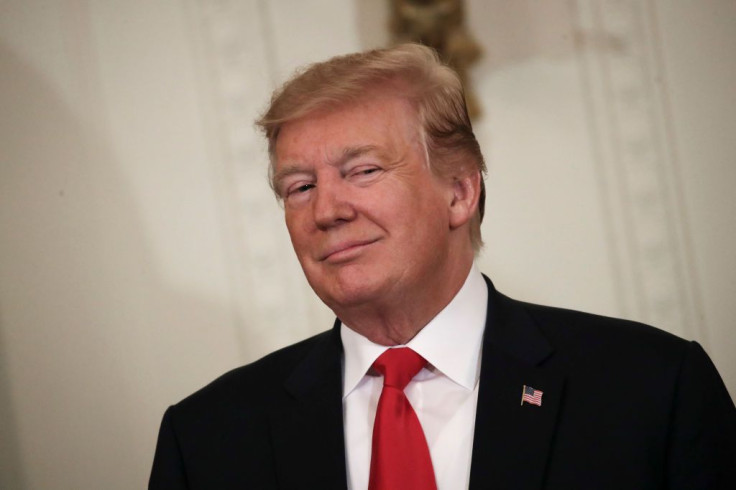Is Trump Interfering In Sprint, T-Mobile Merger? Senators Want Answers

The proposed $26 billion merger deal of T-Mobile and Sprint has drawn the attention of six Democratic senators.
They urged the Justice Department (DoJ) to clarify whether it is facing any interference from President Donald Trump or White House officials in the decision-making process.
In May, the deal got the in-principle nod from the U.S. Federal Communications Commission headed by Ajit Pai. Now the matter is awaiting the final approval by the Justice Department.
In the letter addressed to Makan Delrahim, Assistant Attorney General at the Antitrust Division, the senators referred to media reports concerning T-Mobile acquisition that said DoJ is under pressure from the White House.
Contradicting arguments over the merger deal
According to reports, some DoJ staffers are concerned about the merger leading to the reduction in the number of wireless carriers to three and the negative fallout on prices.
Among the six Democrat senators who signed the letter, Elizabeth Warren, Amy Klobuchar, and Cory Booker are presidential candidates. Others include Tom Udall, Richard Blumenthal, and Edward Markey.
“In light of the potential implications of this transaction for American consumers, we write to reiterate that the department’s decisions should be based on an impartial analysis of the facts and the law, and must be entirely free of improper political influence,” the letter said.
The senators expressed concerns that a career staff recommendation by DoJ “to block a transaction” is sought to be overturned and “an anticompetitive merger” is being pushed to proceed because of the pressure from the White House.
The White House declined to comment.
Justice Department denies external pressure
In his reaction, Jeremy Edwards, spokesman for The Justice Department said the DoJ’s review process is fully insulated from “any improper political influence.”
But T-Mobile and Sprint argue that the combined company will be better equipped to compete with foreign players, especially Chinese companies in the area of 5G network via cellular wireless technology.
The concerns of the U.S on Chinese 5G player Huawei are already well known.
Overplay of anti-trust concerns
According to some reports, many White House officials and national security officials agree to the arguments of T-Mobile and Sprint that the antitrust concerns by DoJ are inflated.
They insist that the merged company can offer better competition in superfast 5G technology.
For the Trump Administration, the U.S. advancement in 5G is critical from an economic as well as security point of view. It sees an edge in domestic 5G can protect the U.S. from foreign spying.
Now, the deal’s final call has to be taken by Delrahim, who was appointed by Trump. This DoJ anti-trust official has the authority to override any reservations on the deal and approve the transaction on his own.
T-Mobile, owned by Germany’s Deutsche Telekom AG, and Sprint, controlled by Japan’s SoftBank Group did not comment.
© Copyright IBTimes 2025. All rights reserved.





















